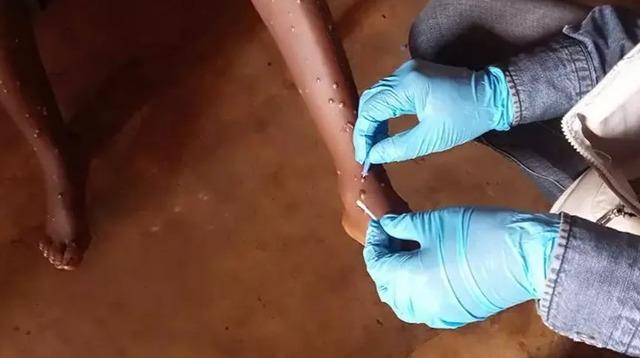The World Health Organization (WHO) has taken action after monkeypox virus spread from the Democratic Republic of Congo to neighboring countries. With the virus also spreading to Burundi, Kenya, Rwanda and Uganda, WHO has declared a global public health emergency for the second time in two years. “It is clear that a coordinated international response is essential to stop these outbreaks and save lives,” said WHO Director-General Tedros Adhanom Ghebreyesus.
According to the news in The Sun; Scientists at the Africa Centers for Disease Control and Prevention (Africa CDC) were on the alert this week as the new virus spread rapidly across the continent.
Since the beginning of 2024, there have been more than 13,700 cases and 450 deaths in the Democratic Republic of Congo (DRC). The deadlier and more aggressive form of the virus, previously known as monkeypox, has now spread to 12 countries in Africa, including Burundi, the Central African Republic (CAR), Kenya and Rwanda. The Democratic Republic of Congo has been battling a variant called “clade 1a” for decades. This version is reported to be more lethal, with a mortality rate of around 5% in adults and 10% in children. The previous version had a mortality rate of around 3%.
Labeling the outbreak a global health emergency will push governments to take quicker action and increase vital medical supplies and aid to affected areas, it said.
WHO Director-General Dr. Tedros Adhanom Ghebreyesus warned: “In the past month, nearly 90 cases of clade 1b virus have been reported in four countries neighboring the Democratic Republic of the Congo that had not previously reported MPOX cases: Burundi, Kenya, Rwanda and Uganda. But we are not dealing with a single clade outbreak; we are dealing with different clade outbreaks in different countries, with different transmission routes and different levels of risk. Stopping these outbreaks will, as always, require a tailored and comprehensive response, with communities at the center.”
“In light of the outbreak spreading in East and Central Africa and the potential for further international spread within and outside Africa, I have convened this Emergency Committee in accordance with the International Health Regulations to advise me on whether the outbreak constitutes a public health emergency of international concern,” Ghebreyesus said.
The WHO’s designation of the situation as a “public health emergency of international concern” is intended to encourage member countries to prepare for the virus, which could require sharing vaccines and treatments with poorer countries.
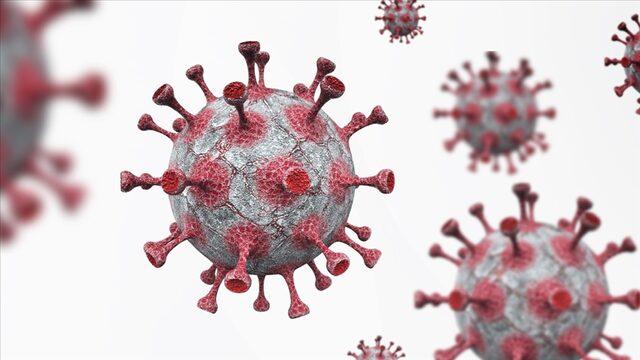
“IF STEP IS NOT TAKEN IMMEDIATELY, IT MAY GET OUT OF CONTROL”
Jean Kaseya, director of the Africa Center for Disease Control and Prevention, warned that the disease could spiral out of control if immediate steps are not taken to contain it. “This declaration is not a mere formality. It is a clear call to action. It is an acknowledgement that we no longer have the luxury of being reactive. We must be proactive and aggressive in our efforts to contain and eliminate this threat,” Kaseya said.
Health authorities outside Africa will also be monitoring the situation to assess the risk of the outbreak spreading further. Prof Marion Koopmans, from the Pandemic and Disaster Management Centre, said the risk of the virus reaching Europe was “small but possible”. Experts have previously told the Sun that the disease could spread easily through international travel.
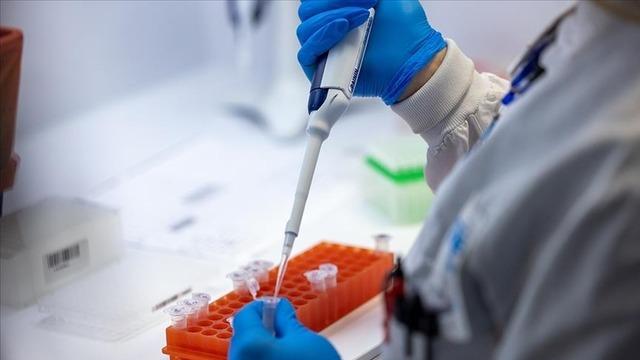
WHAT KIND OF VIRUS IS MONKEYPOX (MPOX)?
Mpox is a viral infection that causes flu-like symptoms and pus-filled lesions. Until a few years ago, most cases were reported in Central and West Africa. But in 2022, when a type of mpox called clade 2 triggered a global outbreak that reached more than 100 countries, including the UK, the WHO declared a public health emergency.
Alarm bells rang in April when scientists found a new, easier-to-catch strain of mpox with “pandemic potential” in Kamituga, a small mining town in the Democratic Republic of Congo. The new virus, called clade 1b, is behind a recent surge in cases in the country’s east.
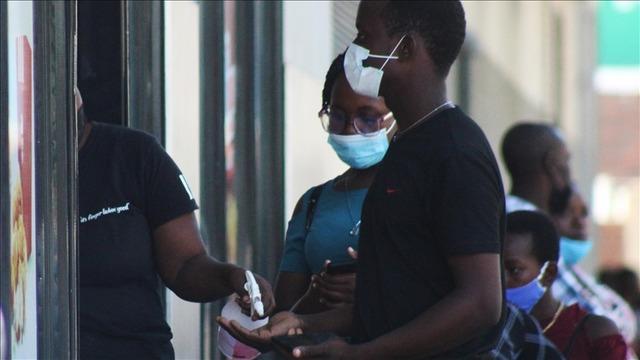
THERE ARE CASES WHERE IT SPREADS ONLY THROUGH TOUCH
- As with most new infections in the Democratic Republic of Congo, sexual transmission appears to be the norm, but there have also been cases of the new virus spreading through mere touch in schools and workplaces.
“Epidemics pose a threat to health and health equity globally,” said Josie Golding, an expert at global charity Wellcome. “Mpox has been affecting West and Central African communities for decades and only gained global attention in Europe and North America with the outbreak in 2022. The increasing number of cases in Africa highlights the ongoing and growing threat of Mpox. We must act now, not wait for the disease to spread further and cross borders. Effective epidemic control requires sustained, coordinated efforts across the world, from local and national governments, the public and private sectors, to funders, regulators and NGOs.”
The NBC News report stated that mpox has two separate viral clades, and both versions can be spread through close contact with an infected person or through direct contact with infected animals or contaminated materials.
“IT IS VERY POSSIBLE FOR PEOPLE WHO ARE INFECTIOUS TO BOARD A FLIGHT AND TRANSMIT IT TO OTHER PLACES”
According to The Sun, vaccines and treatments have been used to combat the pandemic before, but many countries, including Congo, do not have them. Earlier this month, authorities reported that they had reached the large city of Goma, which has an international airport with frequent direct flights to Europe. “Pathogens do not recognize borders,” Ben Oppenheim, a global health expert and senior director of US-based Ginkgo Biosecurity, previously told The Sun. “Goma is a major regional transit point, increasing the risk of the virus spreading regionally and potentially globally, including to Europe and the UK.”
“It’s quite possible that people who have the infection and are contagious could get on a flight and transmit it elsewhere,” said Trudie Lang, professor of global health studies at the University of Oxford.
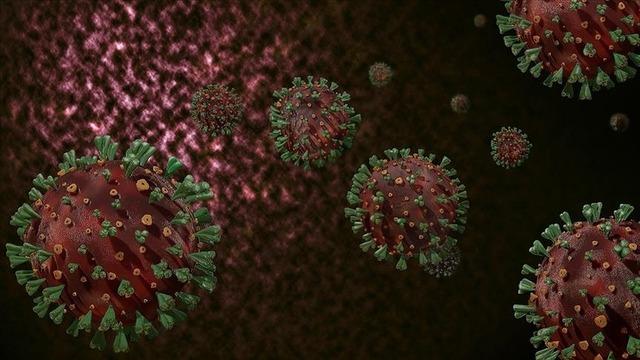
SYMPTOMS OF MONKEYPOX (MPOX) VIRUS
Symptoms of Mpox disease may include fever, breathing problems, muscle aches and swollen lymph nodes. Rashes may also appear on the hands, feet, chest, mouth or genitals.
IT WAS CAUGHT IN 2022: AT FIRST I THOUGHT MONKEYPOX WAS COVID, BUT I HAVE NEVER SUFFERED THIS MUCH
A man who caught MPOX in 2022 initially believed he had Covid before experiencing excruciating symptoms that left him fearing for his life.
Harun Tulunay, a 35-year-old charity worker, suffered extreme symptoms that left him in hospital for nearly two weeks. Tulunay, who lives in London, first developed flu-like symptoms in early June 2022, including a high fever, chills and muscle aches. He told The Sun that he was “convinced” he had caught the virus again after recently contracting Covid. “But every test I did came back negative,” he said. A few days later, the charity worker said he developed a red and white rash on his body that resembled an allergic reaction and was “not at all like the monkeypox pictures you see on the internet”. A few days later, he noticed a painless spot on his nose, which he thought was a mosquito bite or something similar to a pimple.
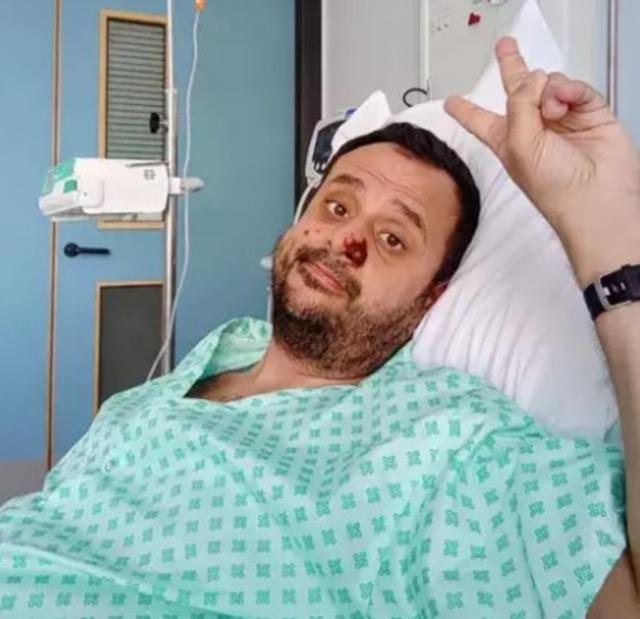
Harun worked in sexual health, so he was quite knowledgeable about monkeypox and its symptoms, but he had never seen a rash or spot of the disease before and so didn’t think he could have the disease. A few days later, Harun’s health took a turn for the worse when his fever reached 40C. “No painkillers could relieve the pain,” he said. It was at this point that Harun’s tonsils began to swell and his throat began to hurt terribly. “I couldn’t breathe, I couldn’t swallow, I couldn’t talk,” he said. “I remember calling the hospital and crying in pain.” Harun was eventually transferred to hospital and isolated. Tests confirmed he had monkeypox, and it was only then that the lesions associated with monkeypox began to appear on his hands, legs and feet. “My throat was blocked,” he said, explaining that the sore in his nose had grown and become infected. “I was afraid I was going to die alone in my hospital room,” he said. “I have never been in so much pain in my life. I remember looking at a water bottle and crying because I couldn’t drink it,” he added. Harun has now made a full recovery.
HOW DOES THE DISEASE BEGIN?
According to NBC News, mpox usually starts with a rash that resembles chickenpox, syphilis or herpes. The rash usually progresses to small bumps on the skin, then blisters filled with whitish fluid. The illness is often accompanied by fever, headache, muscle aches, back pain, low energy and swollen lymph nodes. A vaccine for mpox is available in the US, but it is not generally available in the DRC.
